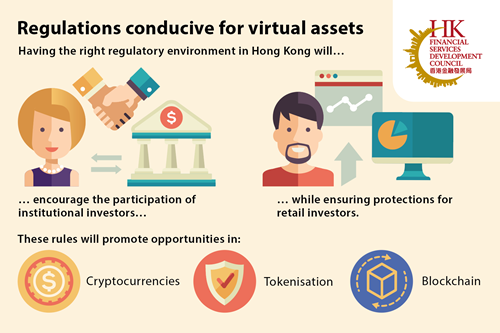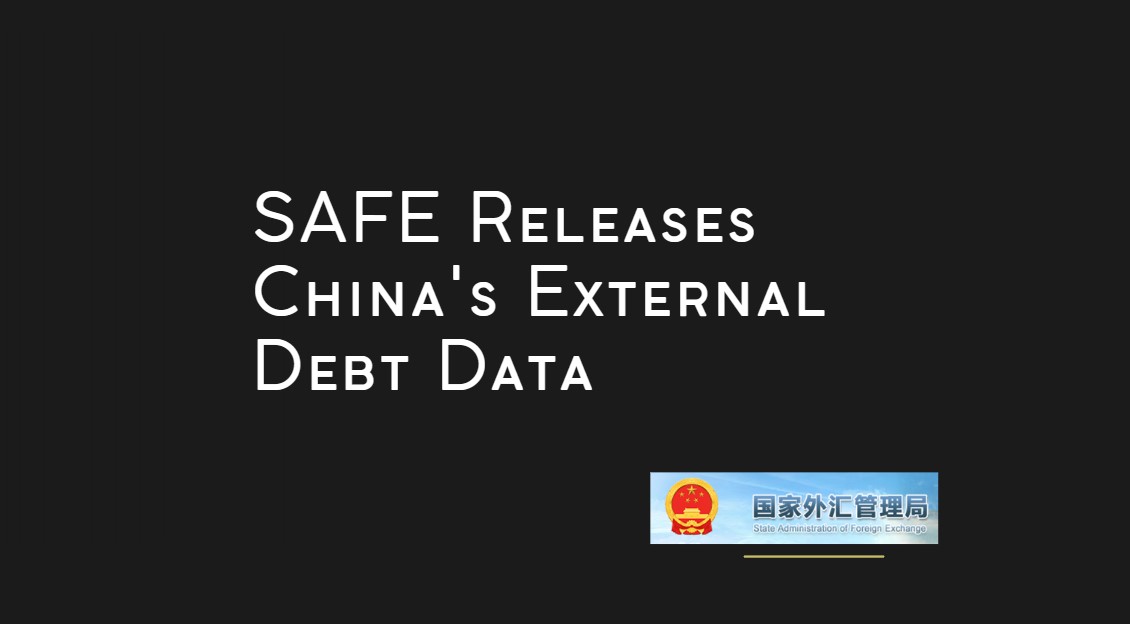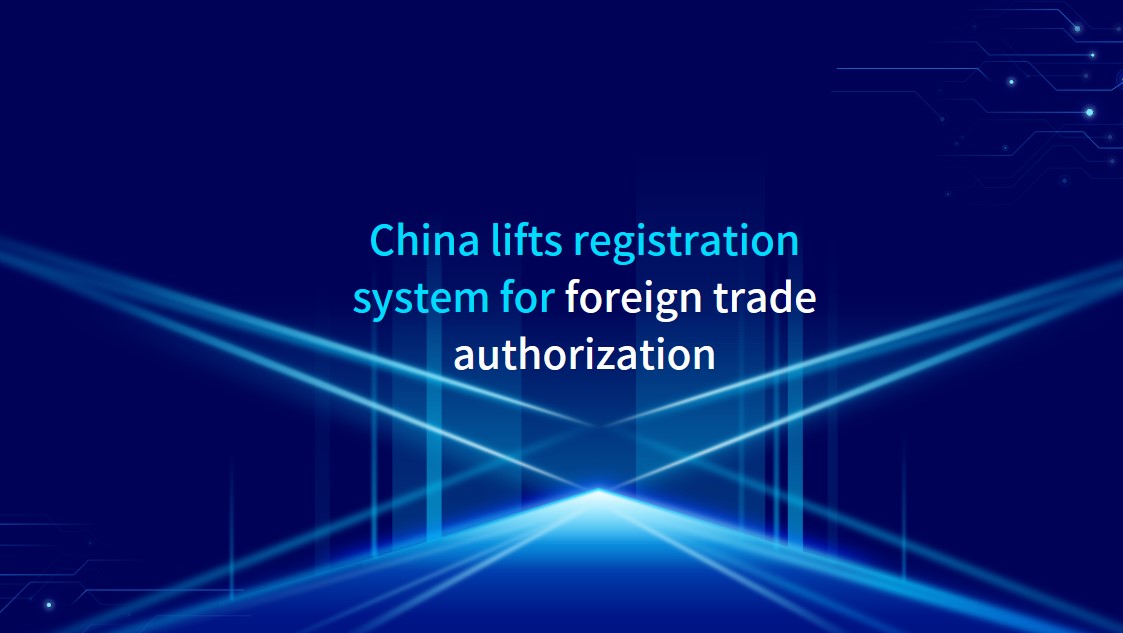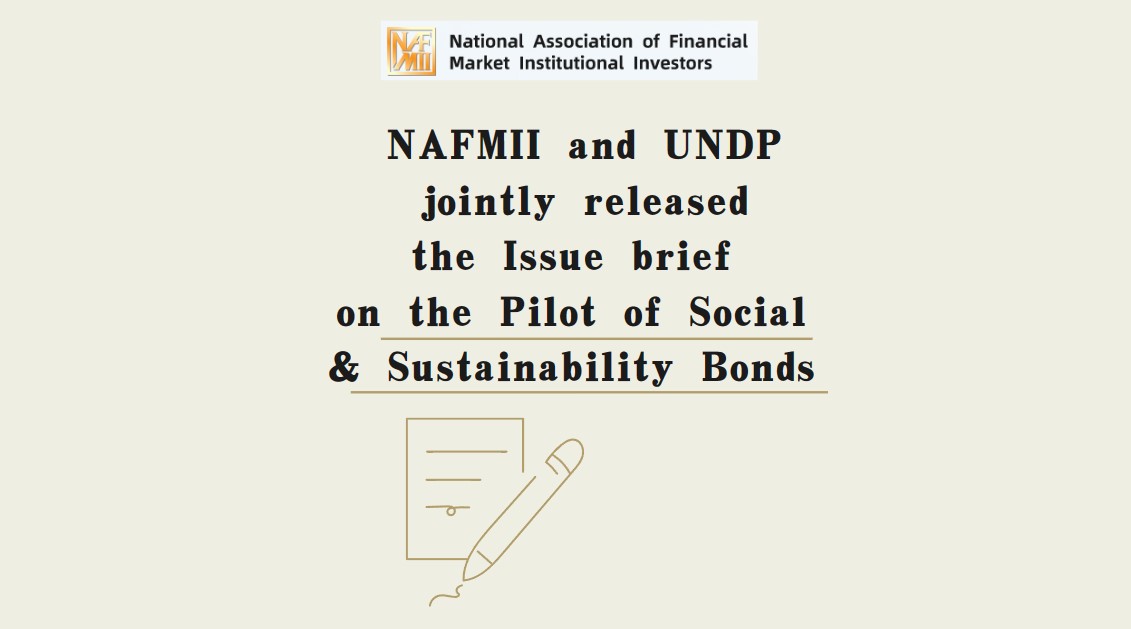Web 3.0 in Hong Kong – from crypto to blockchain
The ongoing turbulence in the crypto currency industry has brought regulatory issues to the top of the virtual assets agenda. Key questions include: to what extent should this rapidly evolving industry be subject to regulations? Should retail investors be allowed to buy and sell virtual assets? How can the regulatory environment be conducive to institutional investors getting involved?
These issues were the focus of a timely panel discussion, hosted by the Financial Services Development Council (FSDC), at the Institutional Digital Assets and Crypto Regulation Symposium in London. The expert panellists highlighted the latest regulatory developments in Hong Kong, as well as the opportunities available for Hong Kong to take the lead in the global development of virtual assets, blockchain, and the broader Web 3.0 ecosystem.
A new regulatory regime
In 2019, Hong Kong originally chose an opt-in regime for virtual asset exchanges, where licenses were not mandatory. Only one exchange decided to get a license from the Securities and Futures Commission (SFC).
Under the current system, all virtual asset exchanges must have a license to operate – covering everything from Bitcoin and Stablecoins to government tokens. They can only offer their services to professional investors, with no retail offering.
“Hong Kong's regulators have made it very clear that if you want to operate in this space, you need a license, as well as appropriate safeguards in place to protect retail investors,” said Benjamin Quinlan, CEO and Managing Partner, Quinlan Associates.
“It was an early mover in this regard, and some people thought it was being too conservative in its approach,” he said. “But it’s clear that local regulators are being very deliberate about taking a more prudent approach, focused on developing an ecosystem that discourages rampant retail speculation while nurturing greater institutional adoption going forward.”
The government has provided an opportunity for banks and other intermediaries to work with licensed exchanges to offer virtual asset dealing services. It is also open to review the property rights related to virtual assets. With such a conducive regulatory environment, there is work being done across Hong Kong’s entire virtual assets value chain – covering issuance and tokenisation, financing and asset management, as well as custody.
Deepening the participation of institutions in cryptocurrency will require retail investors to also get involved, possibly via exchange traded funds (ETFs).
“If you don’t get the balance between retail and institutions right, there are going to be questions about how sustainable the market is, especially in the short term,” said Mr. Quinlan. This is because without retail investors, liquidity in Hong Kong’s market will be limited.
He also emphasised the importance of developing new products, which will allow asset managers to allocate money to cryptocurrencies and act according to their fiduciary duties.
Tokenisation will play an important role here, bringing traditional assets like bonds, equities, and even real estate into the new digital paradigm.
“We are seeing a huge trend toward tokenisation among the big banks,” said Richard Dhuny, UK DLT and Crypto Lead, GFT Financial. “This is something we expect to see in the future as banks try to create efficiencies and deliver product innovations to their clients.”

Extending the blockchain
Blockchain technology is often a part of cryptocurrency discussions. But cryptocurrencies are just one area where the blockchain can be implemented, and companies are looking for ways to integrate this new technology into their existing IT infrastructure.
Red Date Technology is a company that builds blockchain infrastructures. In August, it launched the BSN Spartan Network – a network that integrates multiple non-cryptocurrency public blockchains. It was launched in Hong Kong due to the opportunities to develop use cases with large international companies.
“The thing that was attractive to all these businesses is that they were mainstream businesses with traditional IT, and they were attracted to the idea that they didn’t have to be involved with cryptocurrency to leverage blockchain technology,” said Tim Bailey, Red Date’s Vice President of Global Sales.
He described how there is improved understanding among mainstream businesses about the benefits that can come from blockchain, with an aim to use it to solve specific business problems.
In Hong Kong, the outlook for blockchain is positive. Not only does the city have expertise in financial services that can help shape future use cases, there is also a strong community of venture capitalists with an appetite to invest in startups.
There is also strong government support for the technology, in the form of grants and programmes. For example, a commercial data interchange is in the works. Based on blockchain technology, it will link company data from small and medium-sized enterprises, with a launch expected before the end of the year.
It is only a matter of time, said Mr. Bailey, before blockchain becomes part of the standard technology toolkit. “In the future, when people stop talking about term ‘blockchain’, we will know that it has become mainstream,” he said.






















































First, please LoginComment After ~